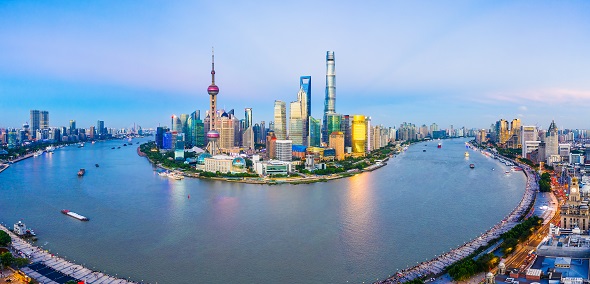
It seems that the trend of expansion of the Chinese economy will continue in the following years, which renders the perspectives for the European companies operating in this country positive. However, there are concerning signals regarding Chinas’ increasing autonomy and isolation, as it can be seen from the 14th Five-Year Plan published recently. This situation generates some uncertainties regarding future development of the country.
We present a summary of an analysis carried out by the Italy-China Foundation – which Strategica Group is a member of - in the Position Paper which gives an yearly photograph of the prospects of relations between the two countries.
The current level of China’s pro capita is comparable to those of Japan, Corea and Taiwan, 40 years after presenting their reform programs focusing on the open market. Nevertheless, the data shows that in the past few years Chinas’ growth has experienced a mild stagnation which could continue in case Peking confirms the country's involutional tendency. The 14th Five-Year Plan, aiming to reduce the country dependency on the rest of the World, could result with a series of counterproductive consequences. One minor diversification of the supply chain and decrease of international rates, for example, requires a constant flow of internal grants. The resulting competitiveness decrease could damage Cina’s ambition of becoming a leader in the global sector of high technology and compromise the goal of sustainability achievement (carbon neutrality by 2060), at the same time creating a less dynamic and innovative market.
On the other side, China’s pursuit of self-sufficiency seems to be a calculated risk. Based on the conviction that their choice will allow for a successful achievement of higher innovation levels and production capacity, they believe that they will be able to compete on the global economy field with more strength. This self-confidence is motivated by the strong growth proven in past years, higher than those achieved by the rest of the world. The EU Chamber of Commerce in China sets the following possible negative impact that this choice might bring:
The pursuit of self-sufficiency is actually contrary to the reforms for openness that China has set in 1978, and the European Chamber estimates that this tendency can have a negative impact on the country’s GDP, bringing it to a 65% less than what it could be three decades from now.
The Italy China Foundation puts forward some propositions directed to the European institutions and countries for efficiently facing these oriental trends: